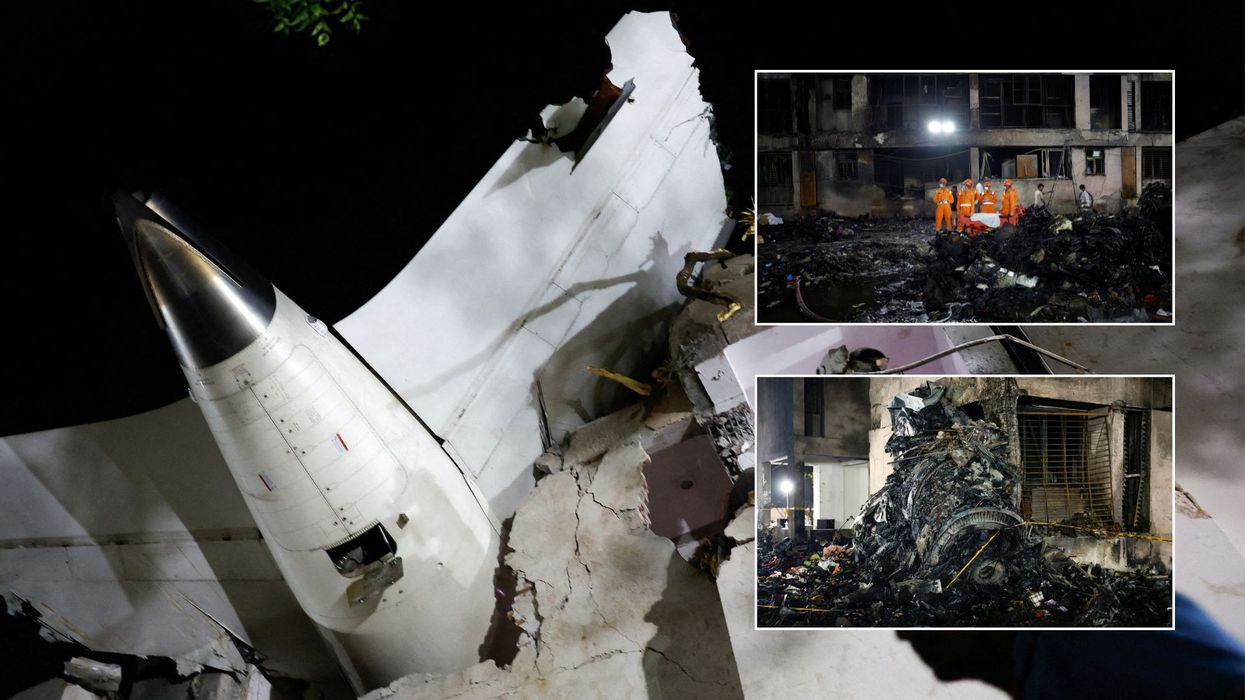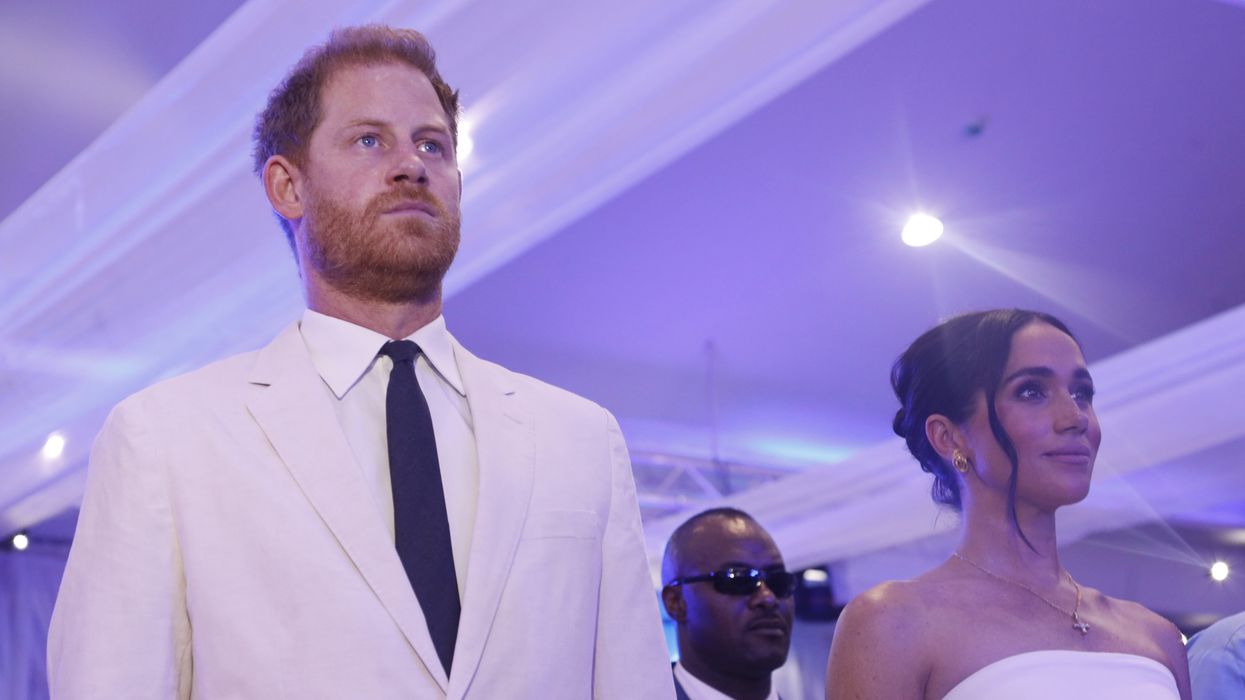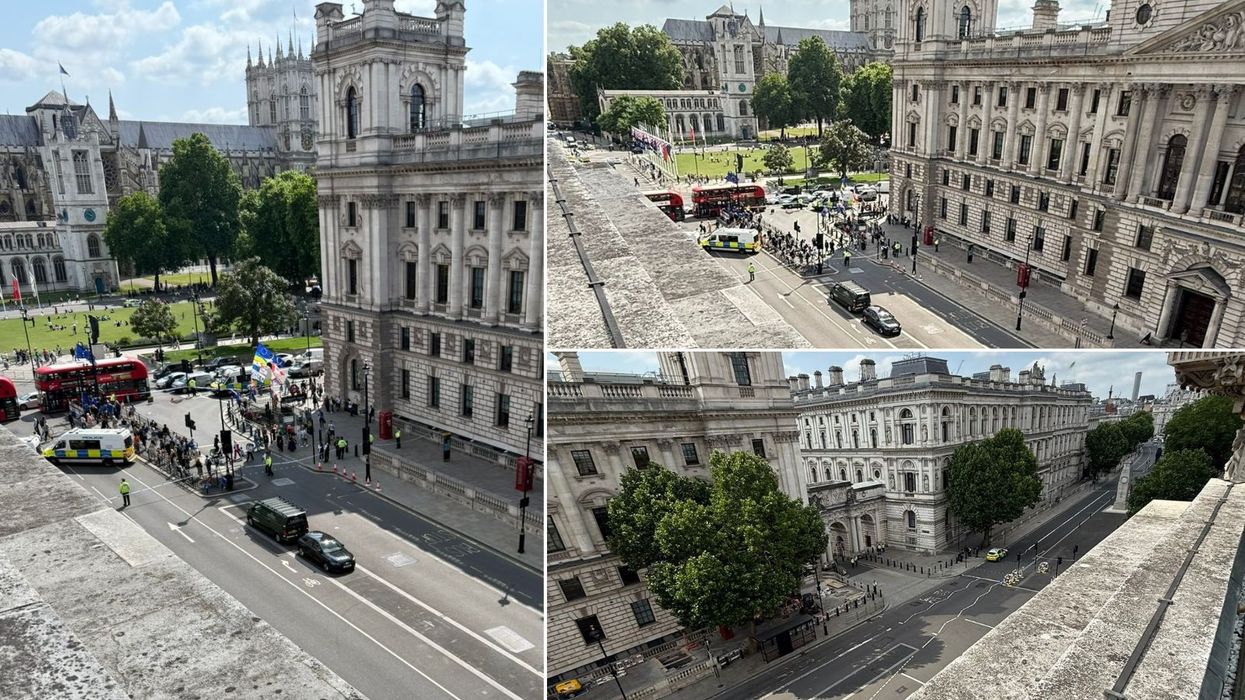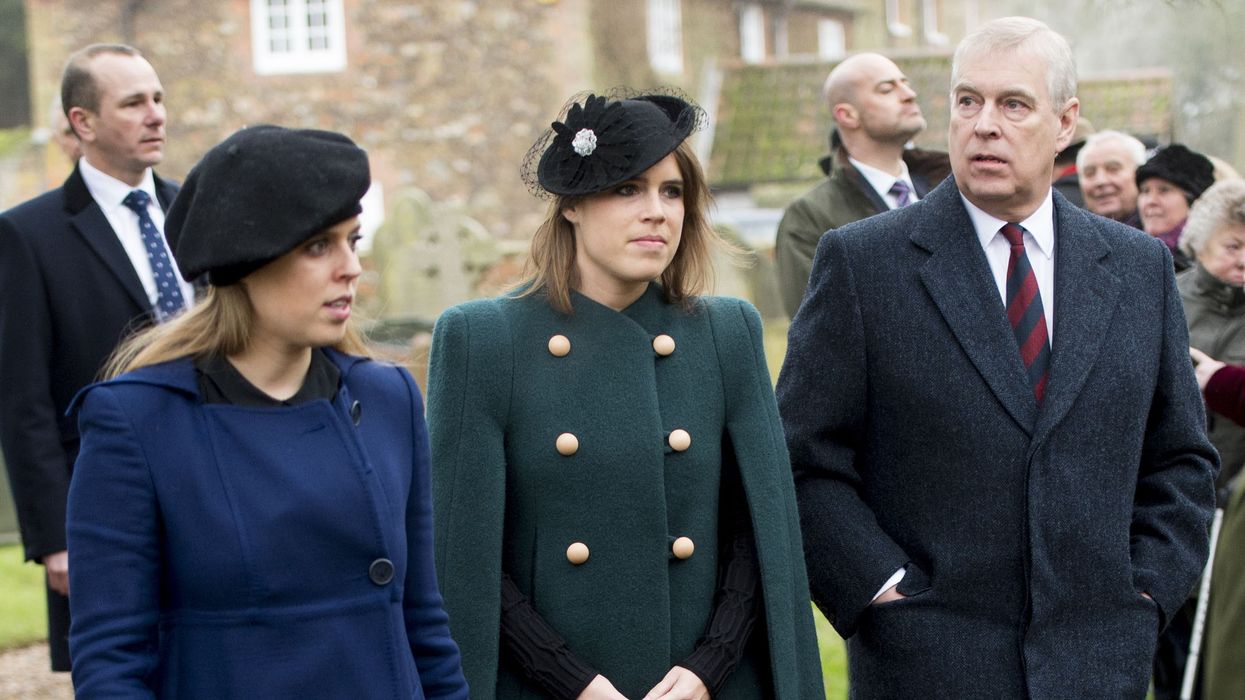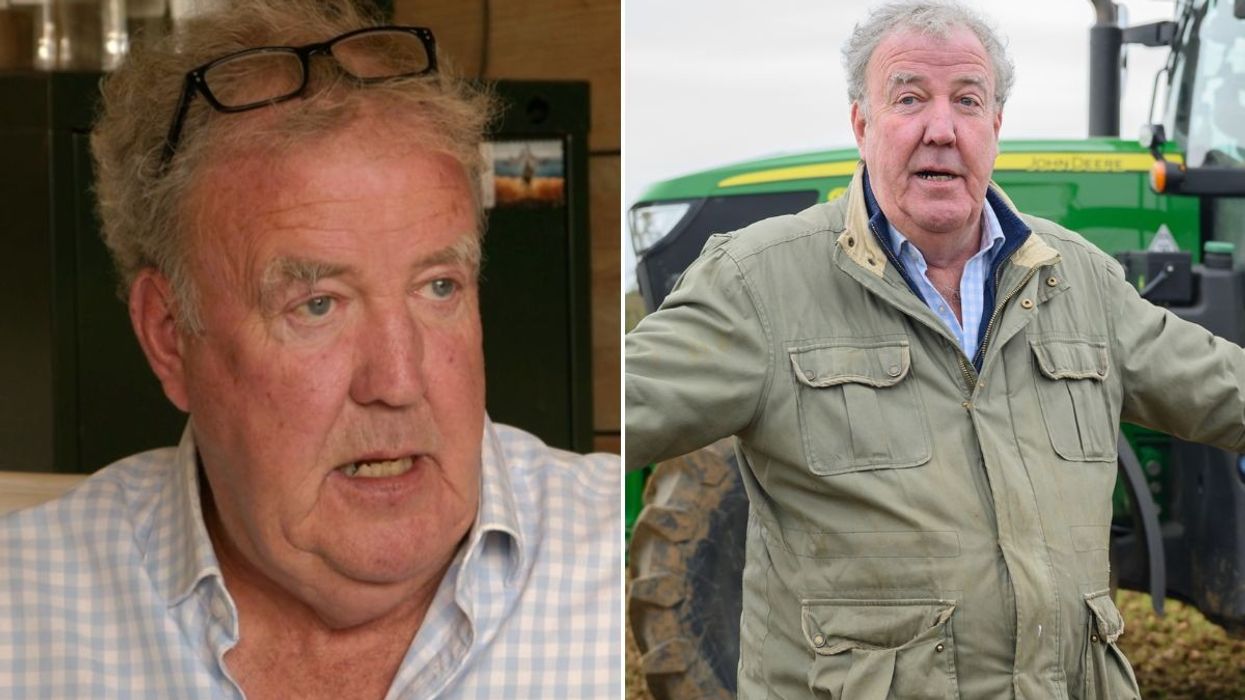WATCH NOW: Chancellor Rachel Reeves speaks to Britain's Newsroom
GB News
The Chancellor delivered her Spending Review to MPs in the Commons on Wednesday
Don't Miss
Most Read
Trending on GB News
Chancellor Rachel Reeves has blamed April's "disappointing" GDP figures on trade tariffs imposed by Donald Trump whilst defending her government's tax increases.
Speaking to GB News, the Chancellor acknowledged the economic data was unsatisfactory but attributed the weakness to external factors rather than domestic policy decisions.
"Those were data from April. Monthly GDP is notoriously volatile, so while the numbers are disappointing, perhaps not that surprising," Reeves said.
She pointed specifically to the impact of American trade restrictions on British commerce by US President Donald Trump.
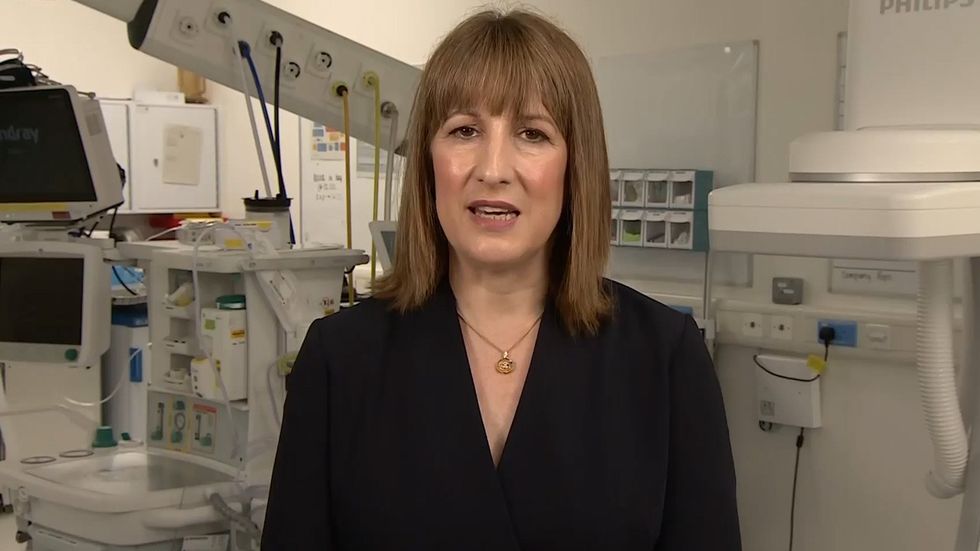
Chancellor Rachel Reeves has blamed the latest GDP figures on 'tariffs' imposed by Donald Trump
GB News
The Chancellor rejected suggestions that her Budget's increase in employers' National Insurance contributions had dampened economic growth.
She maintained that the tax rises were necessary to address what she described as a "black hole in the public finances" inherited from the previous administration.
Reeves explained that the data revealed weakness in trade and production sectors: "And if you dig into the numbers, it shows that trade and production are weak. And I think that reflects the tariffs that came in April."
The Chancellor emphasised that circumstances had improved since April's figures were recorded: "But of course, since then, we've had three trade deals with the United States, with India and with the EU, so obviously disappointing numbers, but they are volatile, and it was a particularly challenging month with so much uncertainty."
LATEST DEVELOPMENTS:
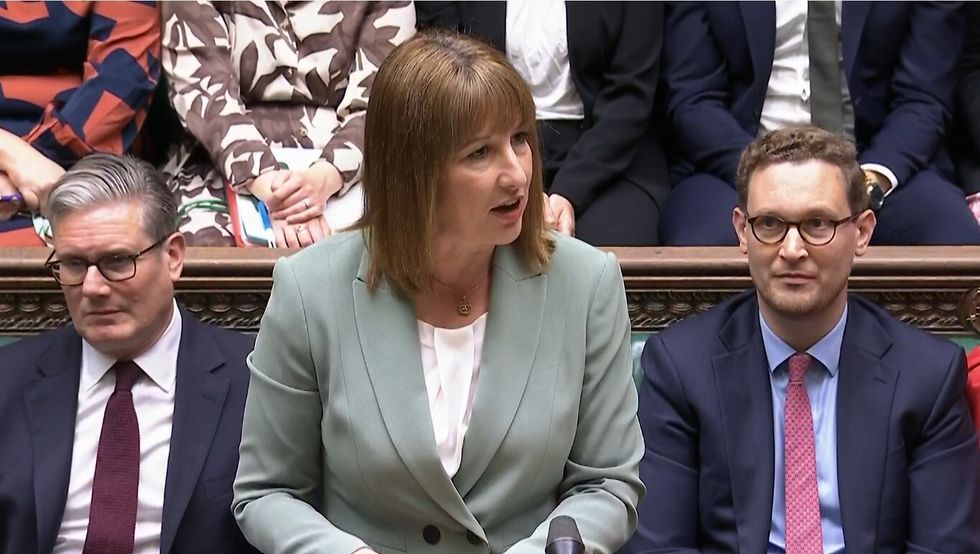
Chancellor Rachel Reeves delivered the spending review on Wednesday
PAWhen pressed on whether the National Insurance increase was responsible for the poor figures, Reeves dismissed the suggestion: "No, but that was known. But what wasn't known was the tariffs," she responded.
Reeves defended the tax increases as essential for proper public service funding: "We did have to increase taxes as the Government last year at the Budget, because there was a black hole in the public finances.
"When we entered office last July, we needed to get a grip of the public finances and also have the money to properly fund our public services."
The Chancellor argued that the additional revenue enabled crucial investments announced in the Spending Review: "That's why yesterday in the Spending Review, I was able to put more money into defence to keep our country safe, put more money into our health service to reduce those NHS waiting lists, and also put money into projects to grow the economy in all parts of Britain."

Reeves told GB News that she 'acknowledges things are still tough' for Britons
GB News
The Chancellor detailed specific funding allocations from the Spending Review, highlighting investments in transport infrastructure, affordable housing and nuclear energy.
She stated: "That's why yesterday in the Spending Review, I was able to put more money into defence to keep our country safe, put more money into our health service to reduce those NHS waiting lists, and also put money into projects to grow the economy in all parts of Britain with transport better, linking our towns and our cities, investment in affordable housing and also investment in things like nuclear energy to secure our energies in this country."
Reeves acknowledged ongoing economic challenges whilst pointing to wage growth under Labour: "Well, I recognise that things are still tough for many people, but in the first 10 months of this Labour Government, wages have increased by more than they did in the first 10 years of the previous Conservative government. That's real wages after inflation."
The Chancellor outlined increased funding for law enforcement, confirming police spending power would rise by 2.3 per cent annually over the next three years: "Police spending power is going to increase by 2.3 per cent a year over the next three years of the Spending Review, that's an increase above inflation."












